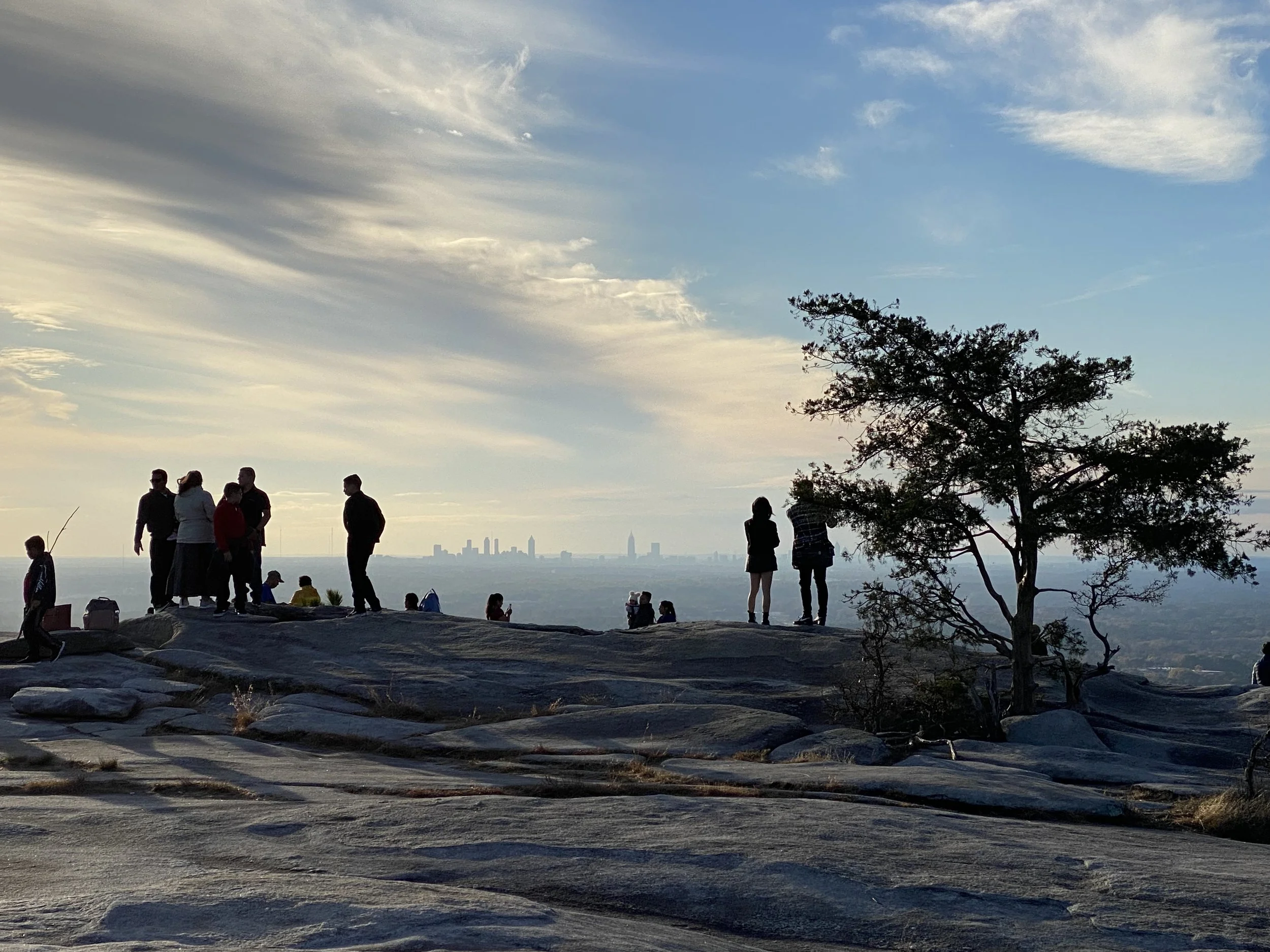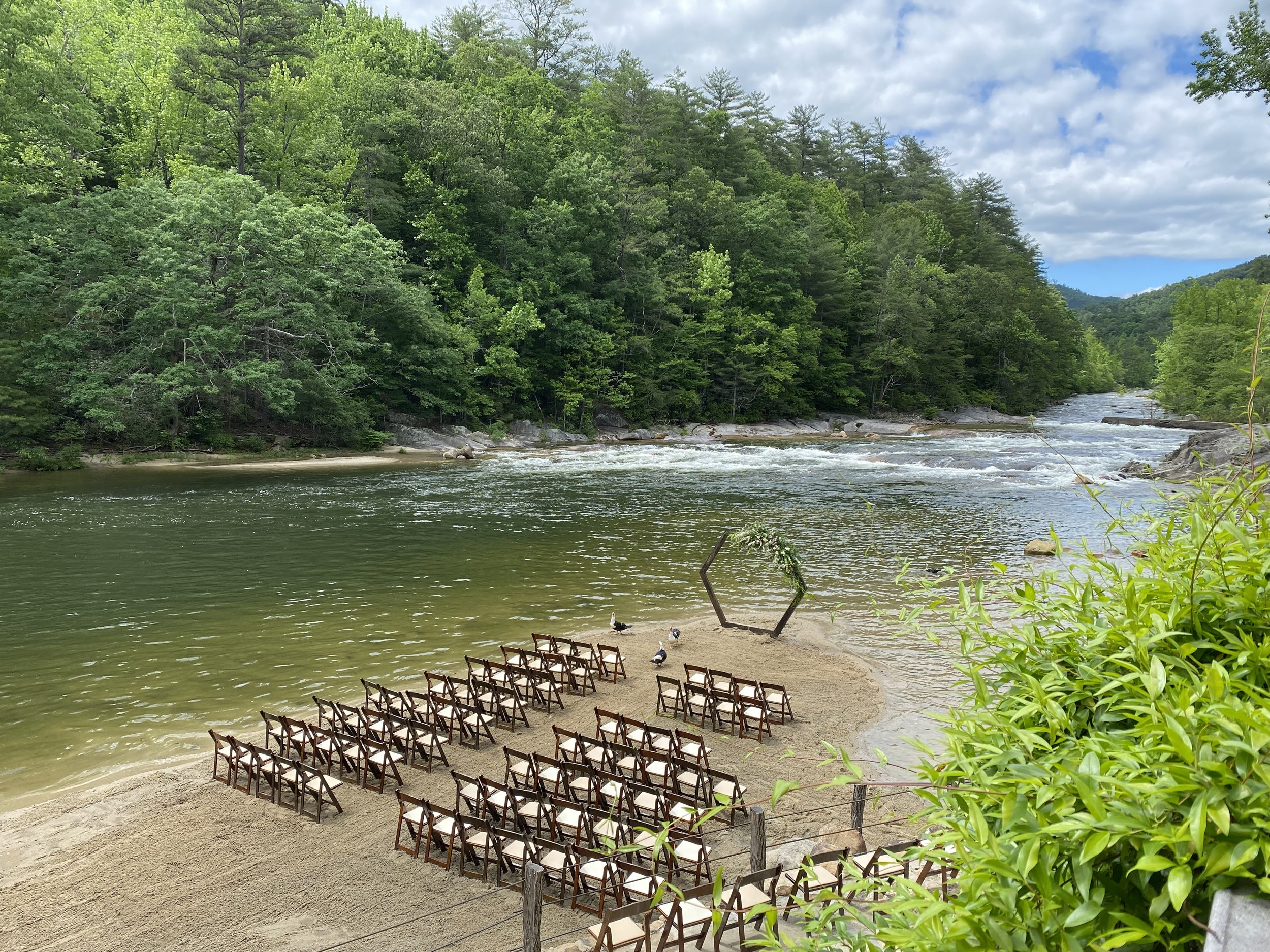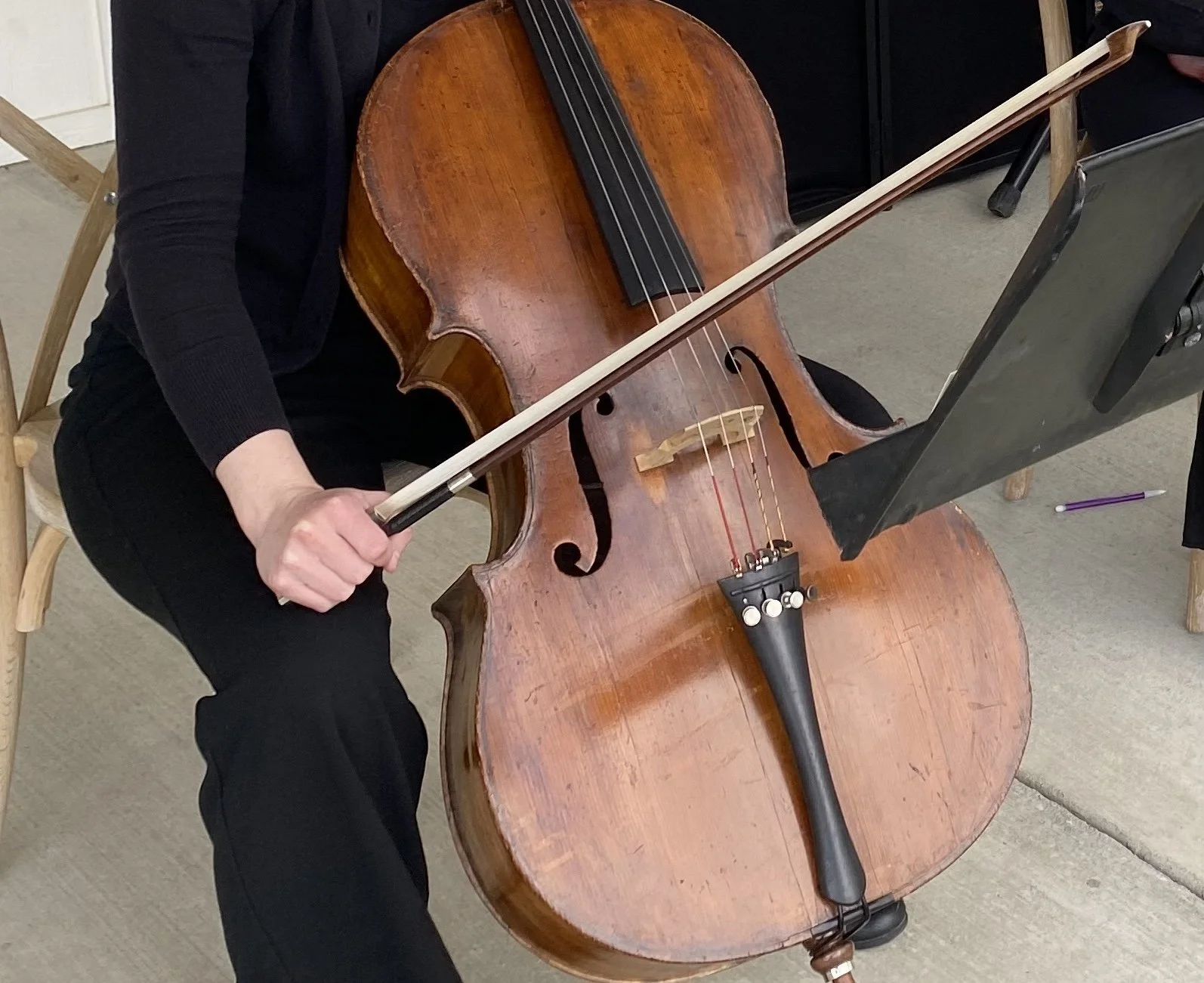
Workshops

I offer workshops for musicians on uncommon yet practical topics.

Improvisation
Believe in your own ability to create music, dwell in the sound of your instrument or voice, and connect with others in spontaneous music-making.
My experience with improvisation has brought me greater joy in my own musical capabilities than ever before, greater unity with fellow musicians of all kinds, and a greater appreciation for the formal instruction that prepared me to jump in.
I offer an introduction to musical improvisation in a group. The workshop can be tailored to a group of cellists, string players, or a mixed group of various instrumentalists and singers. The principles are the same across all groups, with the main difference being in certain technical suggestions I can offer to string players or cellists.
Improv Workshops: What to Expect
A typical sequence of activities and topics covered in my improvisation workshop
Learn how to begin improvising when you’re not sure what to play, and discover practical strategies for taking turns with others. We will be seated in a circle and will start with some guided, structured music-making activities that go around the circle predictably, generally engaging a few musicians at a time.
Learn how to leave behind common worries about “missing notes” and “making mistakes” so you can be fully present and create freely in the moment. We will reflect on the many elements of sound and music available to us.
Learn how to use your instrument’s range, timbre, and dynamic options for the greatest effect in a group, and how rhythms can fit together. We will be practicing orchestration in the moment and building skills applicable to chamber music and large ensembles. See how a cooperative mindset, rather than a competitive one, leads to a great group improvisation.
Learn how to apply music theory and aural skills to enhance your improvisation and join harmonies within a group. Don’t worry if you aren’t confident in music theory yet - the presentation will include a very brief crash course on the topic.
Learn how to develop your mental map of your instrument so you can quickly access your notes and play the music you imagine, whether solo or with others. Several helpful “playing by ear” exercises can be incorporated into your regular practice in addition to scales and arpeggios. (I cover this section in greatest depth for cellists or string players, and more broadly when speaking to a wider variety of instruments and voice.)
Learn how your studies in private lessons, chamber music, large ensembles, music theory, aural skills, and music history can benefit your improvisation skills - and how your improvisation experience can benefit all of those. You may even discover an encouraging new relationship to your instrument and musical interests!
Disclaimer: while this introduction to improvisation can benefit your music-making in a variety of styles, it is not a tutorial in jazz, bluegrass, folk, specific popular styles, or specialized historical styles such as realizing figured bass.

Skills for Wedding Musicians
Designed for intermediate or advanced string players from high school through adult, this seminar delivers in-depth instruction on how to adapt your current musical skills to the high-pressure environment of a wedding gig.
Find out what brides, grooms, families, and planners are expecting - and what they don’t know about wedding music.
Bring your instrument and practice beginning and ending a processional at the right moment, whether solo or in a group.
Take home a checklist of how to plan for a successful wedding so you can avoid common pitfalls from your very first gig.

Composing for the Cello
Arrange a demonstration of the cello’s capabilities for a group of aspiring composers. I can present a lecture-recital on this topic, a demonstration and Q&A format, or a mix of both. Participants will have the opportunity to try playing a cello I will bring for this purpose, experiencing how the notes sit under the hand and how different considerations of bowing, fingering, etc. relate to the composer’s intended outcome.

Developing Presentation Skills
Invite me to help a student or a small group of students develop topics of their choosing into a short presentation. For example, each student performing on a recital could develop a short speech about their piece to be played.
This activity could be centered on topics from any discipline. I am especially able to help with some unique features of writing about music or art.
We will practice public speaking in front of others in the group and exchange feedback on how to create the most engaging presentation through both content and delivery. A professor did this for me and I look forward to helping others find their voice and value in the same way!